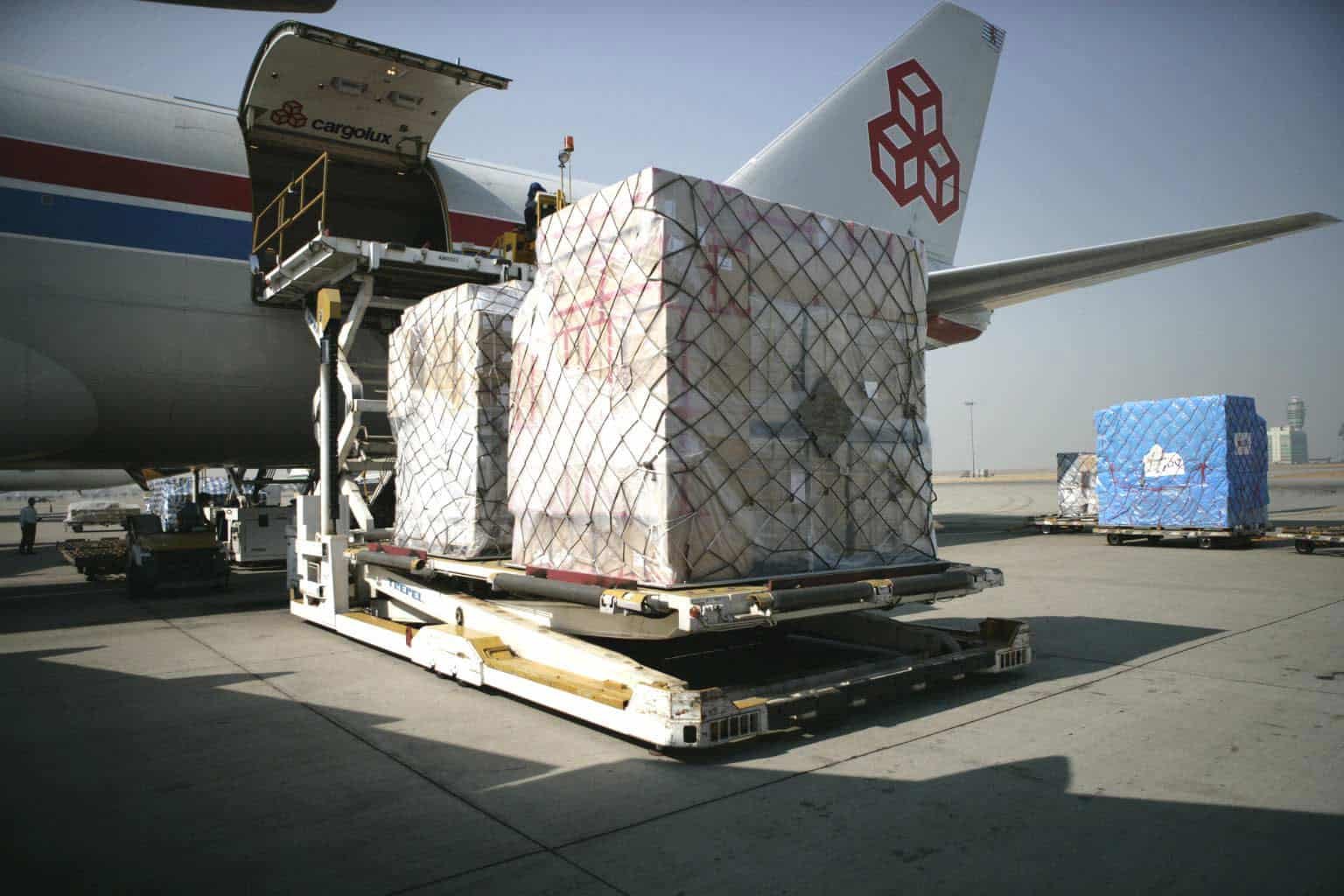International trade has become common in many parts of the world since many economies have matured their imports and export sectors.

This trade maturity has resulted in many countries moving cargo in multinational ports and airports. For you to be able to move cargo from one country to the other via international airports, you need a good air freight cargo-transfer service.
If you are in search of a good air freight cargo-transfer service, here are some of the questions that you can ask.
- What are the terms and conditions?
Before signing off your cargo to any cargo-transfer service, you should make sure that you understand all the terms and conditions. This includes the pick-up conditions as well as the drop off conditions.
Ask if the service can help you to load, offload, store in a warehouse and other cargo transit services. Some service providers will give you different rule that relate to moving different types of cargo.
You can explore different terms before settling on the one that is most friendly to your cargo.
- What are the charges and terms of payment?
It is wise to ask about the charges so that you know if your budget can be able to cover the airfreight cargo-transfer services. Ask if you are required to pay before the freight cargo arrives, or upon arrival.
Most of the airfreight cargo-transfer service providers ask for payment just before the cargo reaches its destination, but it is wise to confirm with your provider.
Ask if there are any additional or extra charges at any stage of the cargo transfer. Most service providers will give you an application form ahead of time so that you can fill in your preferred payment plan.
How can you prevent delays?
Cargo transfer delays can lead to serious inconveniences as well as losses. To prevent such inconveniences, ask the service provider if they need you to play a part in facilitating the smooth delivery of your cargo.
Ask your cargo supplier for all the required documents for the cargo transfer. Make sure that you have the right bill of lading, invoices, receipts, packing lists, as well as any other required legal documents.
Avoid any discrepancies between buyer and seller, as well as customs requirements of the cargo to move smoothly without any delays.
- What happens in the case of cargo losses while in transit?
Your cargo goes through many channels from weighing, loading, customs, offloading, warehousing, and many other channels, hence it is not rare to lose your cargo, or part of it during transit.
Make sure that you have an understanding of the steps to take in case you incur losses on your cargo during the transfer.
With airfreight cargo-transfer, it is better to package your cargo in small boxes to make them easy to manage as well as minimize the charges. Remember to declare organic cargo so that it is treated with urgency.
Organic cargo should also be handled with care to minimize mechanical loss; hence, it is important to label it well.





